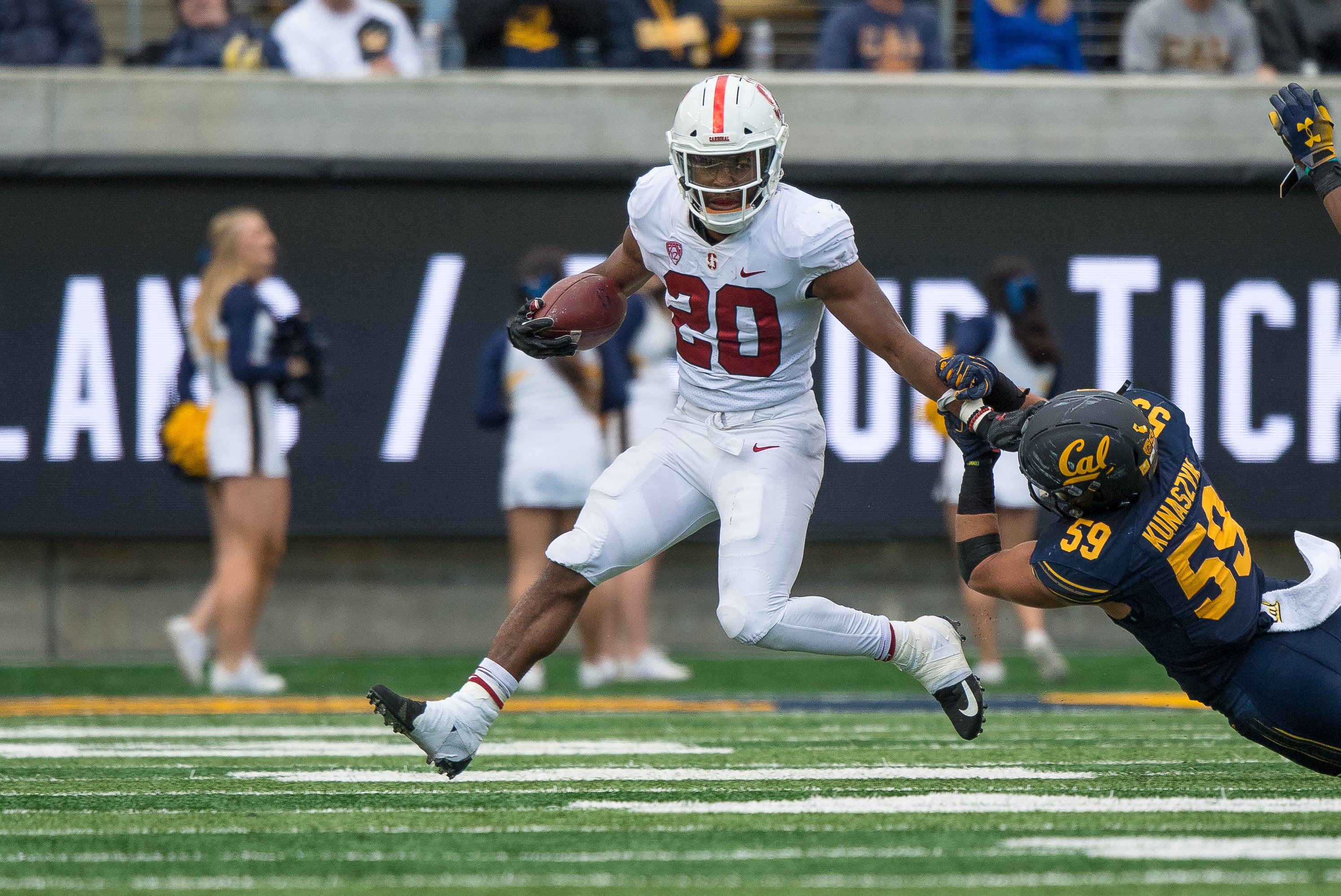A California bill that would allow college athletes to profit from endorsements and their names, images and likenesses has drawn criticism from Stanford, other California colleges and the NCAA. The Fair Pay to Play Act, or SB 206, was introduced by state senators Nancy Skinner and Steven Bradford.
Proponents of SB 206 say it would help alleviate poverty and other economic difficulties often faced by student-athletes. Though it has already passed the Senate floor by a 31-5 vote, the bill must surpass multiple other hurdles if it is to come into effect on the intended date of Jan. 1, 2023.
The California State Assembly Committee on Higher Education voted unanimously with one abstention in favor of the bill on July 9, but the bill cannot take its next step — an assembly-wide vote by the California legislature — until the legislature returns from recess in mid-August. The bill would then be passed to the governor, who would decide whether to sign it into law.
SB 206 has potential to reshape the controversial landscape of collegiate sports, but Stanford is among several California colleges opposing the bill. Stanford Athletic Director Bernard Muir declined to comment to The Daily, instead referring to a letter he wrote to the California State Senate expressing Stanford’s opposition to the bill.
While Muir clarified in the letter that Stanford supports the welfare of student-athletes, he wrote that “allowing student-athletes to receive compensation from their name, image, and likeness, would present serious challenges for higher education institutions and to the collegiate sports model.”
The implications of SB 206 extend far beyond Stanford and even California, Muir noted.
“We believe that for any reform to be fair and meaningful to all student-athletes it needs to occur at the national level and be adopted by the NCAA,” he wrote.
Other California colleges, such as the University of Southern California, have also publicly opposed the bill. Muir cited Stanford and other colleges’ adherence to NCAA bylaws, which strictly prohibit any non-amateur or paid participation by its student-athletes.
NCAA president Mark Emmert has threatened to bar California’s college teams from participating in national championships. In a letter to the California State Senate, Emmert warned that SB 206 may create a power imbalance in competition, with many of the nation’s top recruits gravitating toward California sports programs for the possibility of endorsements and income. Emmert also asked the committee to postpone further considerations while the NCAA reviewed its own bylaws regarding athlete compensation.
“If the NCAA stubbornly sticks to its unfair rules and decides to implement a ban on California schools from championship tournaments because of SB 206, it would violate federal anti-trust law, according to legal experts who have studied the issue,” Skinner said, standing by her introduction of the bill.
The NCAA earns more than $1 billion in annual revenue from broadcasting rights and championships. In return, student-athletes receive little to no compensation, other than scholarships. According to a study by Drexel University and the National College Players Association, scholarships aren’t enough for many student-athletes, as surveyed athletes had to pay colleges scholarship shortfalls of as much as $17,000.
The same study found that, among NCAA Division 1-A Football schools, 82 percent of full-scholarship athletes who live on campus and 90 percent of full-scholarship athletes who live off campus are at or below the federal poverty level. Similarly, according to the NCAA, less than 1 percent of women’s college basketball players will make it to the WNBA, and less than 2 percent of men’s college basketball, football and soccer players will ever play professionally — making college the only time in many athletes’ lives that they will be able to profit from their talents.
NFL player Richard Sherman ’10 has expressed support for SB 206, tweeting, “This will open up so many avenues to allow players to profit and take money from the corrupt NCAA. Other states will have to follow suit for competitive reasons.”
According to Skinner, female athletes have the potential to benefit most from the bill. The relatively low pay of female athletes has been a source of discussion in sports for years, with this year’s Women’s World Cup bringing the conversation into the spotlight.
“The ability of female college athletes to market themselves will likely raise the profile and popularity of women’s sports, thereby increasing pay for female athletes overall,” Skinner said.
Because female athletes tend to have far fewer professional opportunities than their male counterparts, allowing them to seek compensation during their college years offers a rare financial opportunity.
After leading Stanford to two straight NCAA swimming championships, six-time Olympic medalist Katie Ledecky went pro after her sophomore year on the Farm to focus on the 2020 Tokyo Olympics. Though she will continue to train at Stanford facilities with head coach Greg Meehan, the move highlights the lucrative aspects of going pro. Ledecky signed a $7 million sponsorship with swimwear company TYR just months after forfeiting her NCAA eligibility to go pro.
Historically, when people have stood up to the NCAA, they have been overwhelmed. One of the first major victories in the fight for athlete pay was when former UCLA basketball star Ed O’Bannon famously took the NCAA to court in 2014. The court, presided over by federal magistrate judge Nathanael Cousins, ruled that student-athletes would be able to receive up to $5000 annually in payments.
“This win against a behemoth of an institution like the NCAA could significantly change American college sports; in particular, the way the NCAA treats its student-athletes,” Cousins said at the time.
It remains to be seen whether SB 206 will be another win for student-athletes, but — regardless of the bill’s outcome — it could be a sign of major changes to these athletes’ relationship with the NCAA.
Contact Ian Park at ianpark3918 ‘at’ gmail.com.
